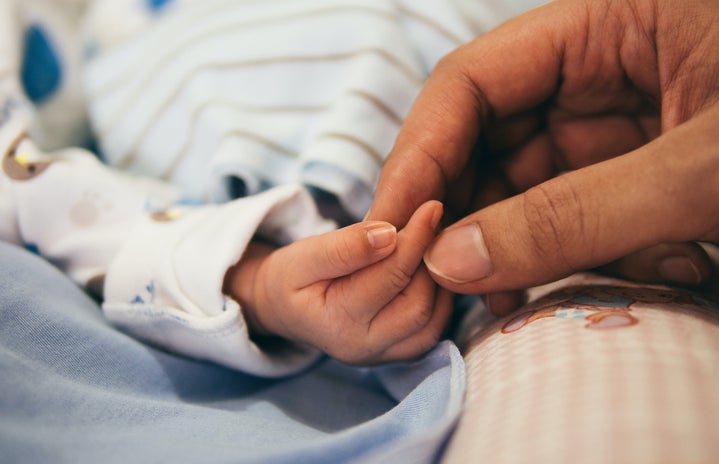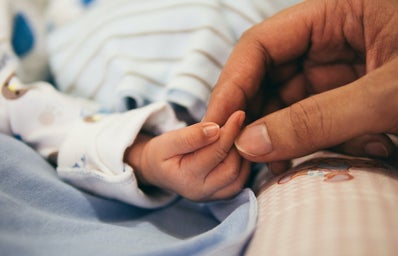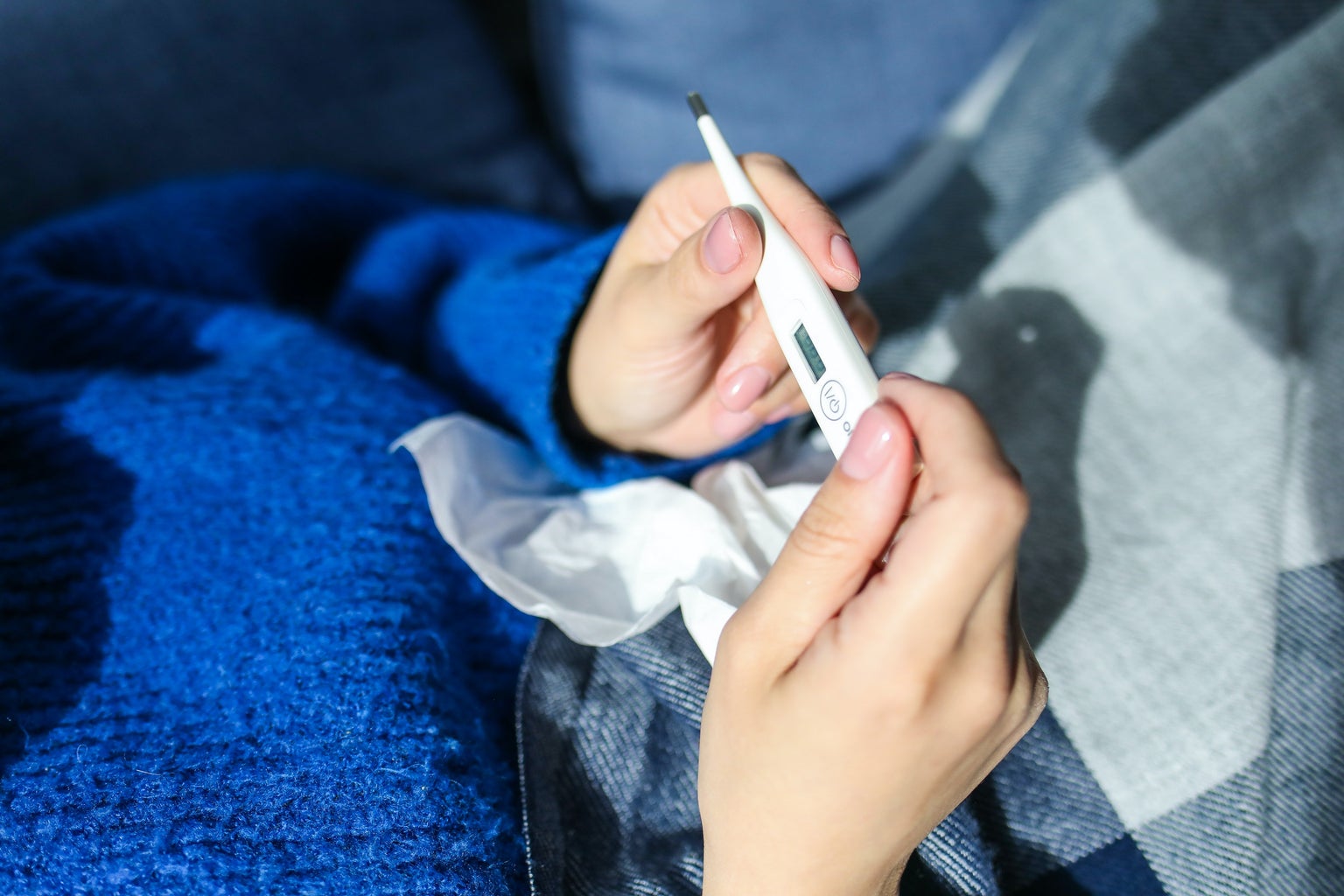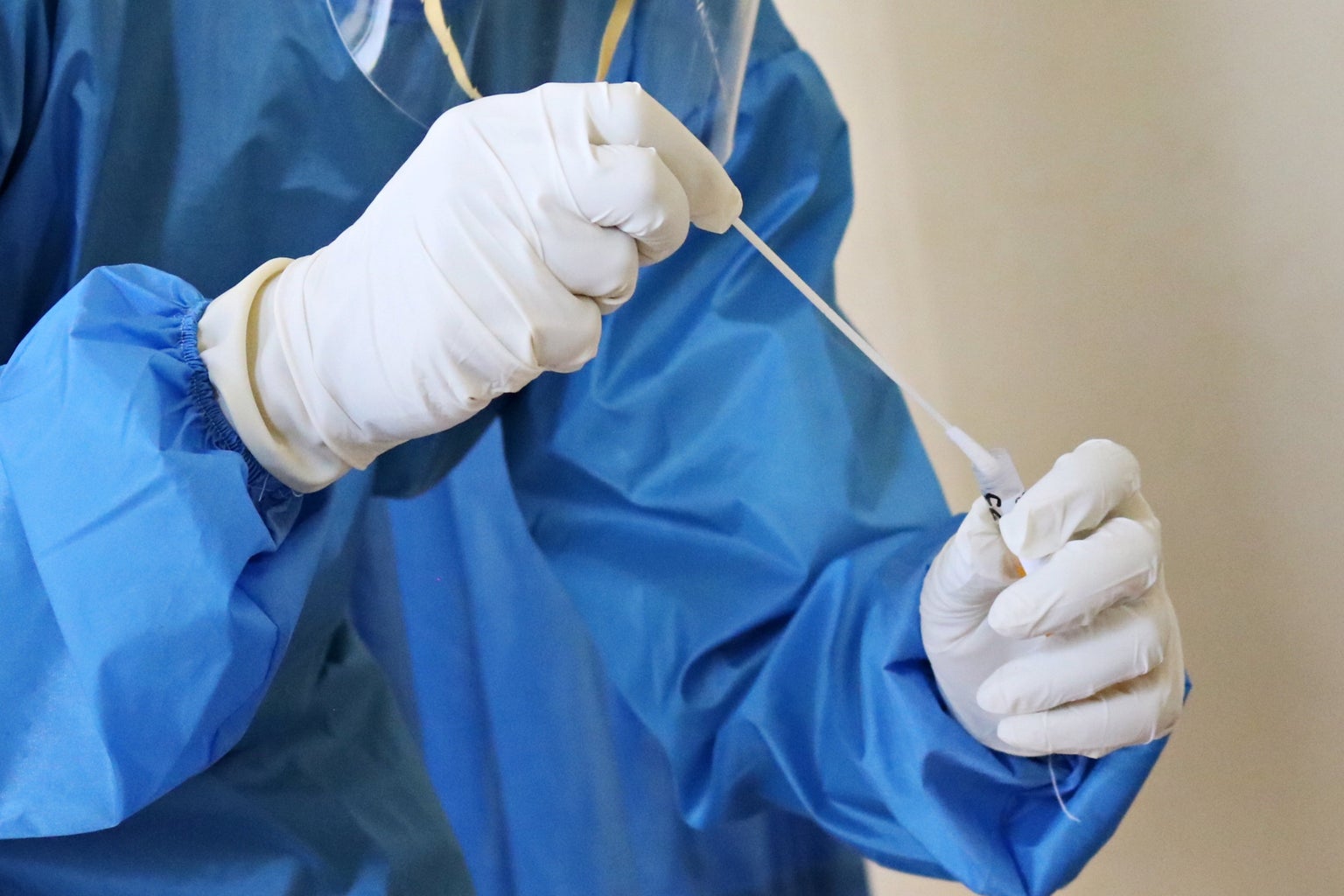Respiratory Syncytial Virus, otherwise known as RSV, is a virus that can cause people to have cold-like symptoms. RSV in most people usually isn’t dangerous. However, for infants and older adults, RSV can become very serious. Bronchiolitis (when small airways in your lungs become inflamed) and bronchitis (lung infection) are the most common RSV conditions in children younger than one in the United States. The spread of RSV has drastically increased this year, compared to previous years.
RSV cases have been flooding hospitals recently with children, and unfortunately, the more cases seen in children, the more adults can be exposed as well. According to data from US Centers for Disease Control and Prevention, about 6 out of every 100,000 seniors are hospitalized with RSV.
This virus is drastically affecting children as well. A child in California just died from the flu and RSV. According to the Los Angeles Times, California flu season has spiked to a high that hasn’t been seen in years. According to this article, in California “About 62% of pediatric hospital beds in L.A. County are occupied, up from 54% in early August. Additionally, 70% of pediatric intensive care unit beds are being used, up from 61% a month ago.”
Many believe this rise in RSV cases is caused by a lack of immunity after the COVID lockdown. According to The Washington Post, many health experts agree that citizens did the right thing by wearing masks and social distancing during the COVID pandemic. However, many worry that the lack of immunity is causing children to get even sicker when they contract RSV. The lack of interactions with germs when COVID protocols were in place made our bodies more susceptible to germs that we otherwise would have immunity against. This concept is especially prevalent in children. For example, children who have worn masks to school and were socially distanced for much of their young lives, often have limited immunity to foreign antigens. This could likely mean that many children are susceptible to viruses like RSV that appear during cold and flu season. The RSV wave usually doesn’t begin until October, however, this year many children’s hospitals began treating cases as early as August or September.
Preventing the spread of RSV is key to contributing to fewer cases of this virus in children and older adults. The CDC recommends covering coughs and sneezes, washing hands often, avoiding close contact and sharing utensils, along with cleaning surfaces and handles frequently. People with any cold-like symptoms should not interact with children or older adults to prevent the potential spread of RSV. Adults should also stay away from those who have previous conditions including lung conditions or already weakened immune systems.
Want to see more HCFSU? Be sure to like us on Facebook and follow us on Instagram, Twitter, TikTok, YouTube and Pinterest!




